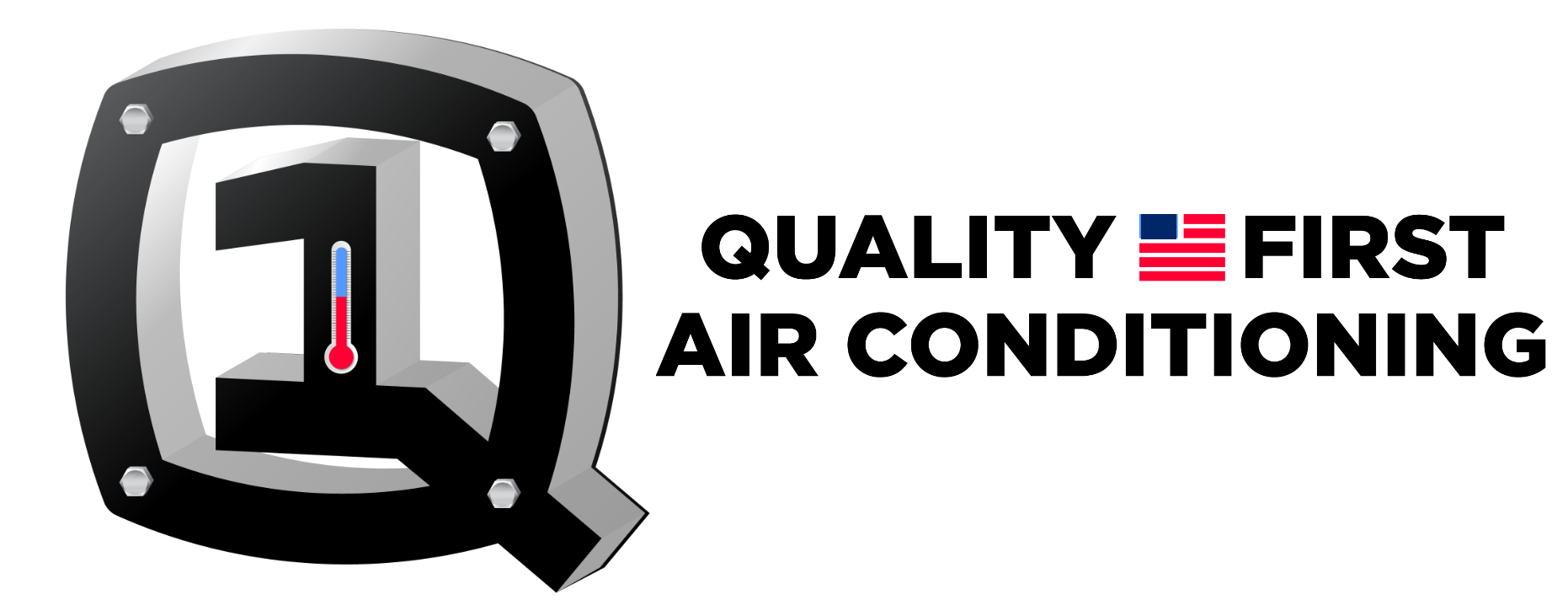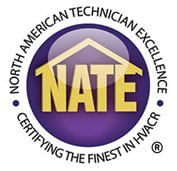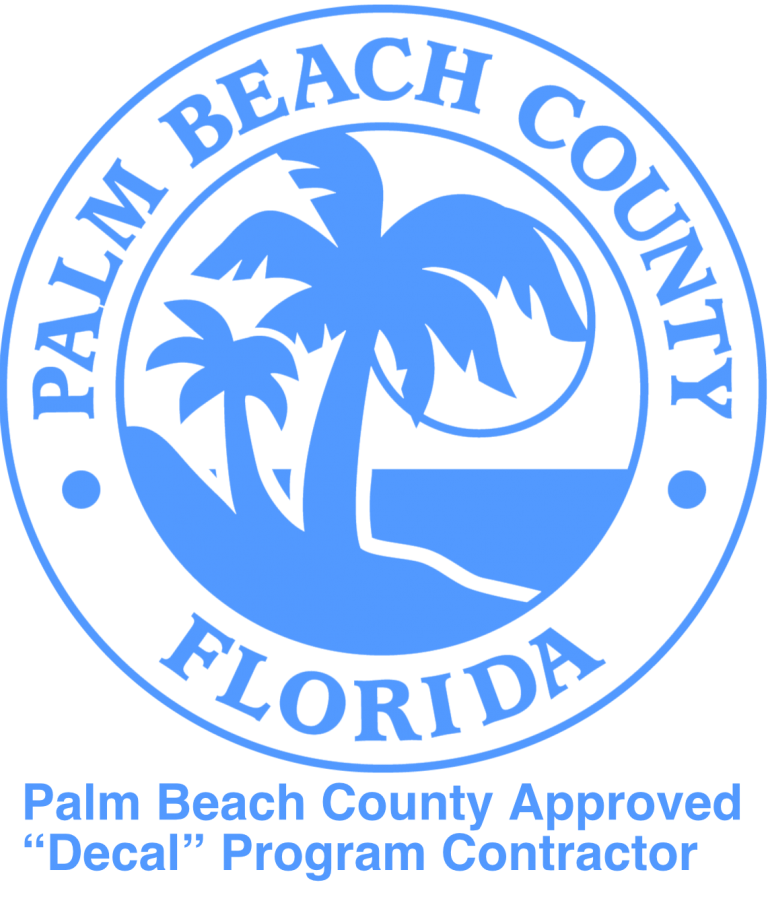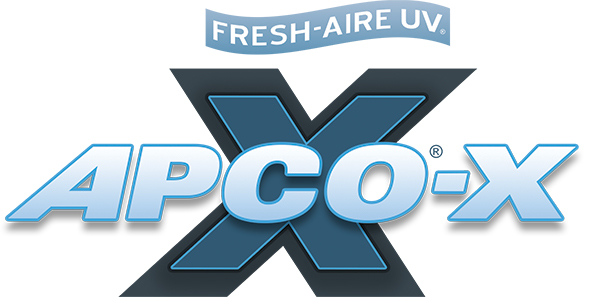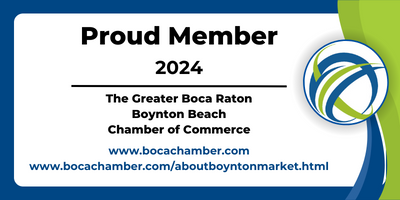Key Takeaways
-
Boca Raton’s high humidity and salt air wreak havoc on air conditioning units, so if you live in the area, it’s important to get your ac system checked and take preventative measures.
-
Early detection of refrigerant leaks, clogged drains and electrical failures can avoid these costly repairs and keep your system running efficiently and safely.
-
Setting up a maintenance plan with seasonal inspections, filter replacement and coil cleaning helps extend the life of your AC unit and keeps your indoor air quality healthier.
-
Thus, when choosing air conditioning repair boca raton technicians, it’s important to select reputable professionals who are licensed, insured, and provide transparent warranty options.
-
Thinking about system upgrades, ductwork, and smart thermostats can make your home more efficient, comfortable and give you even more control over your indoor comfort.
-
Keeping up to code is crucial not only for your safety and legal reasons, but for the longevity of your HVAC system.
Ac repair boca raton refers to repairing air conditioners to assist residences and offices to remain comfortable and protected during extreme heat. Boca Raton is warm and humid for most of the year, so a functioning air conditioner is a necessity. While others in the area put up with typical issues, such as weak airflow, leaks or odd noises coming from their unit. Local repair technicians know the weather and usual brands in Boca Raton, which makes them identify and repair problems quickly. To demonstrate what to expect, the following sections discuss signs your AC could use some assistance, repair stages, and tips on selecting a trusted Boca Raton AC repair service.
Common Local Issues
Boca Raton AC has to deal with some very special local climate considerations. High humidity, salt air and heavy usage all contribute to system wear and failures. Being aware of these common issues can save you expensive fixes and keep your rooms comfortable.
1. Humidity Damage
Full humidity all day long is tough on air conditioners — they have to work harder to cool the air and pull out the moisture. This can result in increased energy consumption and reduce the system’s lifetime.
Dehumidifiers can assist by removing humidity from the air, allowing the AC to cool to the desired temperature with less effort. Keeping an eye on indoor humidity using inexpensive digital meters helps identify potential mold risks and maintains comfort. Routine checkups prior to the heat spikes can detect early indications of water accumulation or rust on the unit.
2. Salt Air Corrosion
Salt air is hard on metal components, accelerating rust and deteriorating parts faster–particularly for outdoor units located near the coast.
Applying protective coatings to outdoor units can slow down corrosion. Opting for replacement parts made of corrosion-resistant materials is smart when repairs are needed. Homeowners should look for signs of salt build-up or rust during regular checks, as this kind of damage is more common in coastal cities like Boca Raton.
3. Refrigerant Leaks
Refrigerant leaks are major Boca Raton problems – particularly for heavily used systems that haven’t been serviced regularly. Decrease in cooling, warm air from the vents and ice on the coils can all indicate a leak.
Immediately repairs are required to maintain the system going well and prevent larger breakdowns. Maintaining refrigerant at its correct level is more energy and environmentally efficient. Homeowners should know leaks can damage the ozone and typically occur in older units.
4. Clogged Drains

Clogged drains not only cause water damage to the home, but impact air quality. Periodic inspections of drain lines and pans will help you detect possible clogging before it becomes an issue. Just a cleaning of vinegar or special cleaners keeps drains open. Scheduling pro service once a year is the best way to prevent blockages out of sight.
5. Electrical Failures
Dangling wires or corroded terminals or worn out parts are some electrical issues that can cease an AC from working. Certified tech inspections keep systems safe and functioning. Homeowners should never attempt to repair these issues — safety comes first.
Proactive Maintenance
Proactive maintenance is establishing a schedule to inspect and maintain your AC unit in advance of problems. This method not only lengthens your AC’s lifespan, but it makes it work more efficiently. When you schedule proactive updates, you can identify issues early, reduce energy bills, and prevent expensive repairs. A lot of our homeowners sleep great at night with confidence that their system has a lower chance to break down when they need it the most. Seasonal inspections, filter changes, and coil cleaning are all crucial in maintaining your air conditioner’s reliability, particularly in high temperature climates where your system is essentially in use 365 days out of the year.
Seasonal Checks
Seasonal checks should occur before the hottest and coldest months. These checks are centered on ensuring the system is prepared to process heavy usage.
A technician will inspect filters, coils and all electrical connections. They’ll prepare for the upcoming season, changing thermostat settings, checking refrigerant, etc. Keeping track of these inspections in a log allows you to track performance changes or identify trends, which is helpful for maintenance or troubleshooting down the line.
Filter Changes
Swapping out air filters is an easy step that can have a huge impact in both AC efficiency and the freshness of your indoor air. Filters collect dust, pollen and other particles, so clogged filters make your system work harder — increasing your energy consumption and bills.
They come in various types, including standard fiberglass, pleated, and HEPA filters. Both have their advantages for air flow and dust control. Homeowners should establish filters-change reminders for every one to three months, or as the manufacturer recommends. If you are concerned about allergies or respiratory issues, installing high-efficiency filters can make a big difference in the indoor air quality.
Coil Cleaning
-
Reduced cooling performance
-
Higher energy bills
-
Ice buildup on coils
-
Visible dirt or dust on coil surfaces
Dirty coils cause your air conditioner to operate inefficiently, using more energy and potentially reducing its lifespan. When your coils are clogged, your system is straining to keep your home cool, making everything else wear out faster. It’s optimal to have a technician clean the coils, because they’re delicate and easily damaged. Observing symptoms such as diminished cooling and increased bills usually indicates that it’s time for a cleaning.
Maintenance Plans
Some homeowners opt for annual maintenance packages that provide inspections and routine service. These plans catch issues before they escalate and keep the system humming all year. A maintenance schedule typically includes simple activities such as cleaning, inspections of components, and minor repairs.
Plans are an affordable way to avoid large repair expenses. They simplify remembering when your system requires care, as the service center manages the timetable.
Selecting Your Technician
Because just googling “ac technician Boca Raton” isn’t enough to find the right guy. It’s about selecting a competent, reputable, and certified technician. Think about experience, reputation, response time, and transparency of their pricing. Seek out technicians who adhere to local building codes, utilize appropriate tools and provide emergency assistance. Below is a quick comparison table to help you weigh licensing, insurance, and warranty options:
|
Factor |
What to Look For |
Why It Matters |
How to Check |
|---|---|---|---|
|
Licensing |
Valid Florida HVAC license |
Ensures compliance, safety, reliability |
Ask for license documents |
|
Insurance |
Liability and workers’ comp |
Protects from accidents and damages |
Request proof of insurance |
|
Warranty |
On parts and labor |
Guarantees quality, value |
Get written warranty terms |
Verify Licenses
Any good technician should have a valid license for air conditioning in Florida. This means they’ve been tested and are current on local codes.
Look for additional certification or training particularly if you have a specialized system or new technology. Certificates from organizations like NATE or manufacturer training demonstrate additional expertise. Licensed pros are more likely to respect safety guidelines and provide long-lasting work. When selecting an individual, request to check their license and confirm it corresponds to the name and organization you’re employing.
Check Insurance
Mistakes occur when fixing things, so coverage isn’t a perk, it’s a requirement. Good technicians have liability insurance, which pays for your property if they screw up.
Workers’ compensation insurance covers you in case a technician gets injured on your premises. ALWAYS, ALWAYS, ALWAYS get proof of insurance before any work starts so you’re not stuck with surprise expenses. Without it, you may be on the hook for injuries or property damage, which can get costly quick.
Ask About Warranties
A quality warranty guards your investment and provides peace of mind that the work was performed properly. Inquire about warranty terms on parts and labor — what’s covered and for how long.
Check out the warranty packages various companies provide. Some just parts, some parts and labor. Get warranty details in writing, of course, so there’s no ambiguity if you need service down the road.
Beyond Simple Repairs
Air conditioning repair Boca Raton is more than simple repairs. Efficiency, comfort and system longevity require a broader approach. From component upgrades, to ductwork checkups, to smart controls and even full system replacements.
System Upgrades
Replacing older models with energy efficient AC’s can do the same. Most models these days have green refrigerants, that are healthier for the environment and satisfy sustainable construction regulations. Units with variable speed motors ramp up or down their output, meeting cooling demand and conserving energy. These upgrades translate to lower bills and more consistent temperatures, particularly as older systems — typically lasting 15–20 years — start to falter.
By consulting with a certified technician, you select the appropriate upgrade. They can describe the new features, such as better compressors or sophisticated filters. Booking a complete system evaluation leaves recommendations tailored to your space and habits. Going for the new gear usually ends up saving money in the long run with less repairs and increased comfort.
Ductwork Integrity
Leaky or blocked ducts reduce your system’s efficiency and increase energy consumption. Clogged ducts cause the AC to strain, occasionally resulting in increased wear and tear. In humid locations, ductwork can be a breeding ground for mold, which can damage air quality.
Professional duct inspection and cleaning help identify these issues early. Duct cleaning takes care of dust, mold and other buildup to make your air cleaner and your system more efficient. Sealing leaks provides a wallet-friendly solution to prevent air loss and enhance airflow. Clean, sealed ducts are key for comfort and for keeping your AC humming along.
Smart Thermostats
Smart thermostats give you more control and save energy. They allow you to create and adjust temperature schedules, often directly from your phone. Programmable means you can cut cooling while you’re out, and boost it before you get home.
These thermostats can be connected to your home’s Wi-Fi, allowing you to view and change settings from anywhere on the web. They observe your habits and adapt themselves to your needs — making cooling smarter and less wasteful. Most users experience decreases in energy consumption and more consistent temperatures once they make the change.
Comprehensive System Replacement
When repairs and upgrades don’t make sense anymore, a full system change might be the best play. Older systems are more expensive to maintain and consume more power.
Swap out inefficient systems for new, efficient units
Replacing your air filters every 1–3 months keeps your AC humming.
Routine care prevents major meltdowns, particularly in steamy regions!
Florida Building Codes
Florida has stringent building codes that define guidelines for construction of homes and buildings, including air conditioning repairs and installation. These regulations count because they protect individuals and assist in energy conservation. When you want any air conditioning repair in Boca Raton, you have to get it done by these codes. It began with the Florida Building Code in 2001 and new codes are added regularly, so systems remain current and structures remain secure. They guide you on things such as which AC units you can use, how to choose the right size, and how to keep the system running energy efficiently.
By remaining compliant with these codes, you’ll bypass fines or expensive blunders. IECC 403, for instance, is all about HVAC work on commercial buildings. It includes information on the amount of energy the system should consume, the type of insulation to install, and how to prevent air leakage. In new homes the law dictates at least R-19 insulation in the ceiling, which keeps the cool in and the heat out. Appliances need to comply with certain standards to ensure it’s not wasting energy or operating hazardously. If you bypass these steps, you could get fined or have to redo the work.
Most are governed by the Florida Building Code – Energy Conservation. This set of regulations dictates how HVAC systems must be installed, what insulation you need and how to check for leaks. Florida Stat. Ch. 553.904 and 553.905 get even more specific, enumerating standards for commercial and residential structures. These codes cover the thermal mass, the appropriate thickness of walls and roofs, and how to select the right equipment. Most areas have to adhere to these codes, though there are a few exceptions. Tiny buildings less than 93m2, not for habitation, and constructed for amusement, don’t have to follow all codes.
Anyone doing air conditioning repair should consult with professionals familiar with these codes. Codes evolve, so it’s wise to stay on top of changes that might impact your residence or workplace.
|
Year |
Update/Change |
Compliance Requirement |
|---|---|---|
|
2001 |
Code established |
All new construction must comply |
|
2017 |
Higher insulation rate |
R-19 or higher in ceilings |
|
2020 |
HVAC system upgrades |
Energy efficiency, leak reduction |
|
2023 |
Equipment selection |
Must meet set energy standards |
The Repair Process
Air conditioning repair in Boca Raton is a collaborative process to get systems back in peak shape and transparent about what’s necessary and how much it will cost. It always starts with a full inspection. A tech tests the air handler, inspects ductwork for leaks or blockages, and employs a three-point evaluation to size up the system’s overall health. It ensures that the correct problem is identified prior to any work beginning. Other times the repair is straightforward—such as replacing a dirty air filter—which a lot of homeowners can handle themselves. If the issue requires more expertise, such as inspecting fuses, capacitors or breakers, it’s best left to a qualified professional.
Specialists in this industry undergo daily training to keep current with new methods of repair, which means they can detect problems that may not be so visible. After the initial inspection, the technician describes the issue and discusses repair alternatives. Now is the time to dig through the costs and make sure there are no hidden fees. For instance, if a capacitor is dying or a breaker keeps tripping, the tech will present the part and describe why it needs replacement. They’ll talk about if the system is old—central AC units have a lifespan of around 10 years, so sometimes a repair isn’t worth it and a full swap is the best call.
Routine cleaning– hosing down AC coils, for example– can put a halt to many issues before they begin. If your system still isn’t behaving, it might be time to schedule a professional. Urgent services is typical, providing an avenue for rapid assistance if the unit breaks down during a heatwave.
Post-fix, it’s wise to establish routine maintenance—cleanings, inspections, and minor repairs—to keep everything humming. This saves you money and staves off major breakdowns down the line.
Conclusion
Hot Boca days will put any air conditioner to the test. Quick repairs and clever maintenance keep homes comfortable and secure. Good work from an experienced tech can save you time and money. Local rules establish standards for reliable repairs, so look for transparent communication and evidence of expertise. Clean filters, set schedules, and quick checks arrest minor issues before they become major. Trust and open communication are what’s most important. You receive the maximum from your air, inquire, compare, and maintain your system. Keep cool and prepared for the next heat surge—contact a local expert for a checkup or guidance today.
Frequently Asked Questions
What are the most common air conditioning issues in Boca Raton?
Common issues are refrigerant leaks, dirty filters and electrical breakdowns. The muggy climate can lead to mold and drain line clogs.
How often should I schedule air conditioning maintenance?
It’s best to have professional maintenance at least every 6 to 12 months. Routine service keeps your system humming efficiently and avoids inconvenient breakdowns.
How do I choose a qualified air conditioning technician?
Search for certified technicians, excellent reviews and local experience. Make sure to check for licensing and insurance before hiring.
Are there special building codes for air conditioning repairs in Florida?
Yes, Florida has very tight building codes for air conditioning. Licensed professionals make sure repairs are up to these standards for safety and efficiency.
What can I expect during an air conditioning repair visit?
A technician will examine your system, diagnose the issue, and discuss repair solutions. Majority of repairs are completed within a day, returning comfort promptly.
What are the benefits of proactive air conditioning maintenance?
Routine service prolongs the system’s lifespan, cuts energy expenses and enhances indoor air quality. It keeps expensive emergency repairs at bay.
Can air conditioning repairs improve indoor air quality?
Yes, by cleaning and repairing your system you reduce dust, mold and allergens resulting in cleaner, healthier indoor air.
